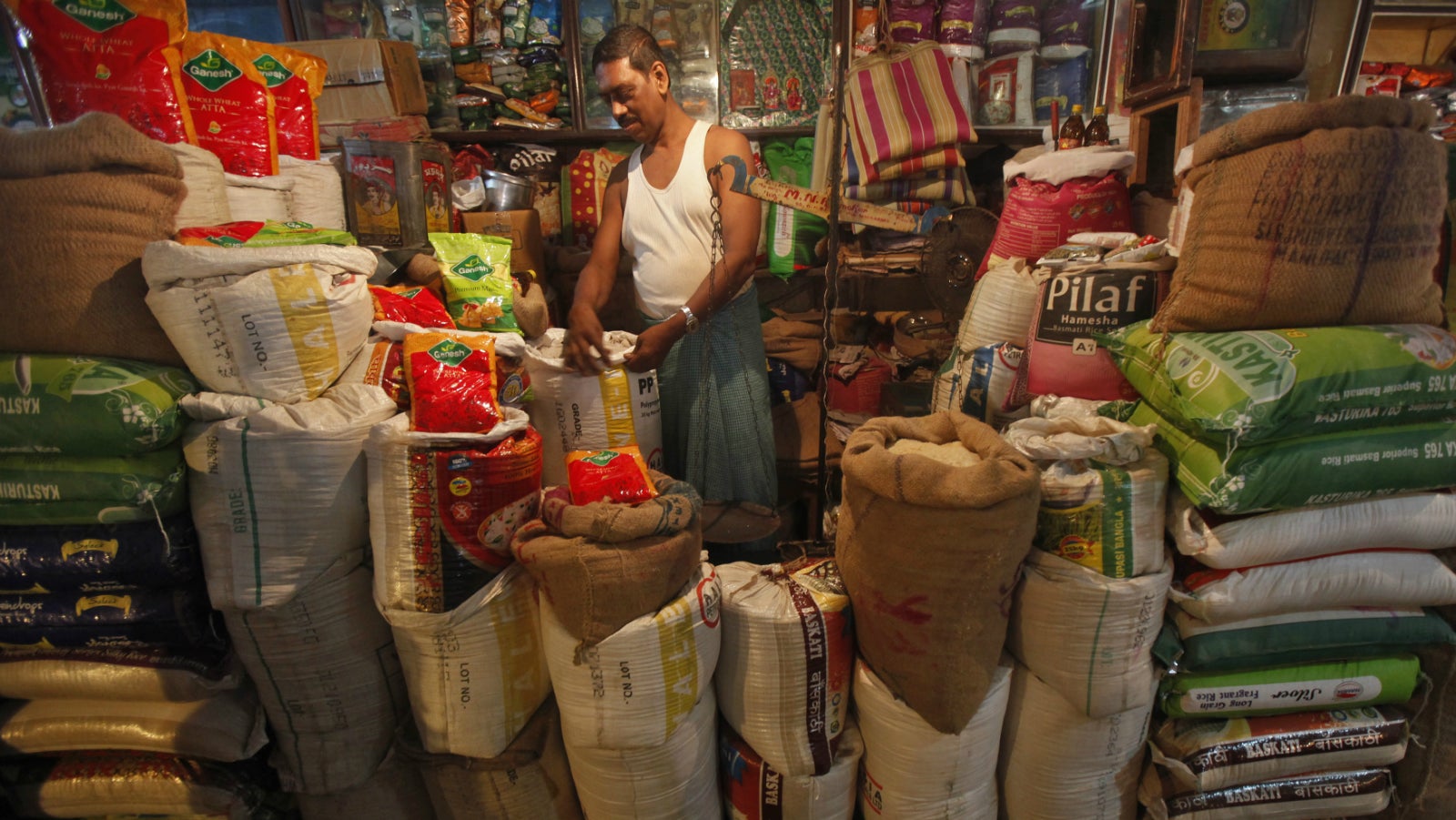Why a Thai company wants a piece of India’s retail market
Global giants like Walmart and Metro Cash and Carry will soon have a new competitor in India’s wholesale retail market.


Global giants like Walmart and Metro Cash and Carry will soon have a new competitor in India’s wholesale retail market.
Thailand-based conglomerate Chorean Pokphand (CP) Group, which operates retail businesses across several Asian countries, is set to open its wholesale cash and carry business in India in the next two months.
Siam Makro, the group’s retail subsidiary, will spend Rs1,000 crore ($150 million) over the next three to five years in India to open 15 cash and carry stores under the LOTS Wholesale Solutions brand name. Unlike multi-brand retail, where the Indian government allows partial foreign direct investment, there are no such restrictions for overseas companies in the cash and carry business, where retailers can sell in bulk.
Siam Makro currently operates over 120 cash and carry stores in Thailand, apart from outlets in China, Myanmar, and Cambodia. CP, the parent company, also manages 11,000 stores for Japanese retailer 7-Eleven in Thailand, making it the largest chain of convenience stores in the country.
Siam Makro is hoping to tap into India’s organised retail trade, which comprises less than 10% of the total $670 billion retail business. Of this, the cash and carry market was estimated at Rs6,800 crore or roughly $1 billion in 2016, according to research and insights firm Nielsen.
“In India, the organised retail sector is already at $60 billion. If we can get even a small part of that market, the country actually has the potential to be bigger than our Thai business,” Tanit Chearavanont, managing director of LOTS Wholesale Solutions, told Quartz. In 2017, Siam Makro posted a turnover of $5.8 billion.
The experience of running stores in a developing market like Thailand, which also has its share of mom-and-pop stores, is likely to help the retailer here, said Chearavanont. “In many ways, India is also similar to Thailand. Thailand, too, has a large population of kirana stores, or mom-and-pop stores, though in India it is much bigger,” he explained.
In India, a bulk of retail trade happens through mom-and-pop stores, locally referred to as kirana stores, which are estimated to number at 12 million stores. These stores provide millions of households with goods of daily use such as soaps, detergents, beverages, and snacks.
Kirana stores typically rely on distributors, weekly visits to wholesale markets, and direct distribution from companies to stock up. Cash-and-carry businesses, on the other hand, help them procure all these goods under one roof. As a result, large foreign and domestic chains such as Walmart, Metro Cash and Carry, Reliance Retail, and now Siam Makro, are bullish about the opportunity.
“In India, it certainly has potential given the millions of mom-and-pop stores here that can be serviced via the organised wholesale business,” said Harmider Sahni, founder at consulting firm Wazir Advisors. But the model needs large investments in setting up big stores and setting up the entire supply chain, added Sahni.
Siam Makro’s entry into India comes at a time when existing companies have spent years adding small businesses to their platform and offering them bulk goods at lower prices. These chains have also established e-commerce businesses here to help with online orders.
Makro, too, knows that it cannot ignore the online game, especially when rival Walmart is potentially looking to beef up its presence by acquiring India’s largest online retailer, Flipkart.
“Not just in India but the world over, we are seeing this trend of omnichannel, where online retailers want a presence offline and vice-versa, this has led to a lot of M&A activity in the western markets,” Chearavanont added. “We will look at e-commerce too, as an addition and a way of serving our customers better.”